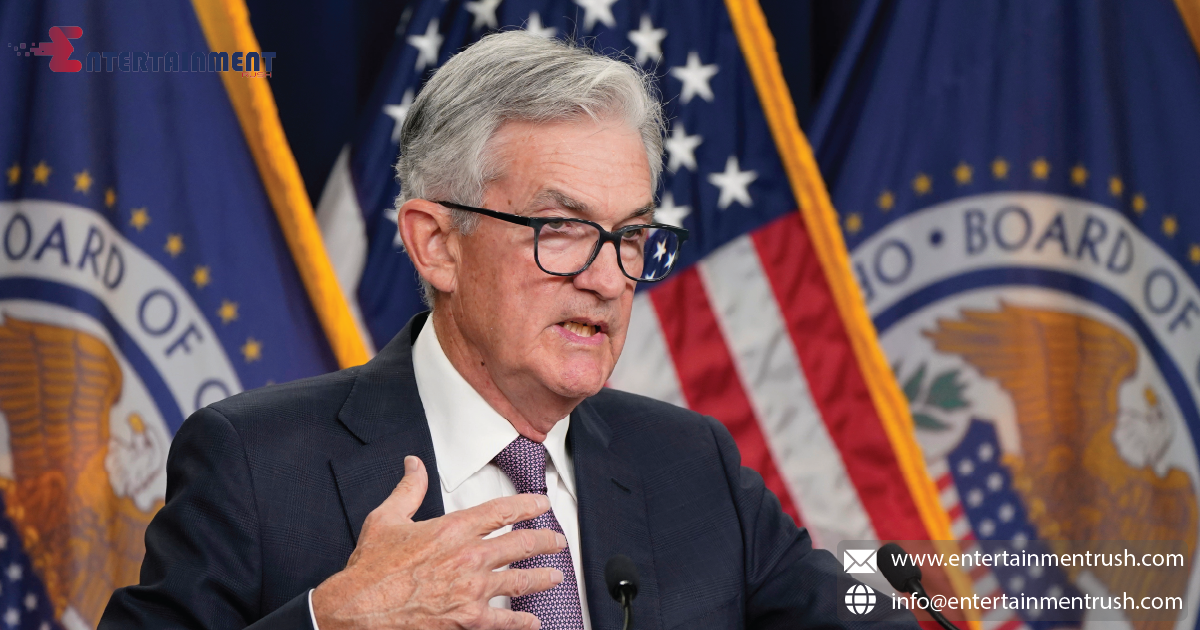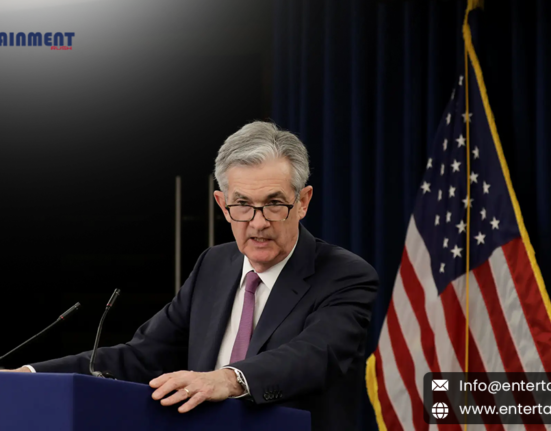Introduction: Recently, Federal Reserve Chair Jerome Powell made headlines by acknowledging that inflation has surpassed previous expectations. This admission comes amidst growing concerns over rising prices across various sectors of the economy. Powell’s remarks have sparked discussions about the Federal Reserve’s monetary policy and its potential implications for consumers, businesses, and financial markets.
Understanding the Context:
Inflation, the rate at which the general level of prices for goods and services is rising, has been a significant topic of discussion in economic circles. Over the past year, the global economy has faced unprecedented challenges, including supply chain disruptions, labor shortages, and increased demand for goods and services as economies recover from the impacts of the COVID-19 pandemic.
Federal Reserve’s Response:
As the central bank of the United States, the Federal Reserve plays a crucial role in managing inflation and promoting economic stability. One of its primary tools for achieving these objectives is monetary policy, which includes setting interest rates and implementing other measures to influence the availability of credit and the overall money supply.
Chair Powell’s acknowledgment of higher-than-expected inflation reflects the Federal Reserve’s ongoing assessment of economic conditions. Despite the increase in inflation, Powell indicated that the Fed intends to maintain its current stance on interest rates, holding them steady for the time being. This decision suggests a cautious approach, balancing the need to address inflationary pressures with supporting economic recovery.
Implications for the Economy:
Powell’s remarks have prompted speculation about the Federal Reserve’s future actions and their potential impact on the economy. While higher inflation can erode purchasing power and disrupt financial markets, raising interest rates too quickly could potentially stifle economic growth and employment. By signaling a commitment to keeping rates steady, the Federal Reserve aims to provide stability and confidence to businesses and consumers. However, this approach also raises questions about the central bank’s ability to effectively manage inflationary pressures without resorting to more aggressive policy measures.
Consumer and Market Reactions:
For consumers, the prospect of continued inflation raises concerns about the affordability of goods and services, particularly essentials such as food, housing, and healthcare. Rising prices can strain household budgets and reduce discretionary spending, impacting overall economic activity. In financial markets, investors are closely monitoring the Federal Reserve’s statements for signals about future policy decisions. Powell’s remarks suggesting a steady stance on interest rates may influence market expectations and asset prices, including stocks, bonds, and currencies.
Looking Ahead:
As inflation remains a key focus for policymakers and market participants, the Federal Reserve’s actions and communications will continue to shape economic dynamics in the coming months. Chair Powell’s recent comments underscore the challenges facing central bankers as they navigate the complexities of a post-pandemic recovery while addressing inflationary pressures. Ultimately, the Federal Reserve’s ability to maintain price stability and support sustainable economic growth will depend on its ability to adapt to evolving conditions and communicate its intentions effectively to the public and financial markets. As uncertainties persist, stakeholders will closely monitor developments and adjust their strategies accordingly.






Leave feedback about this